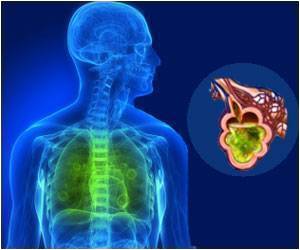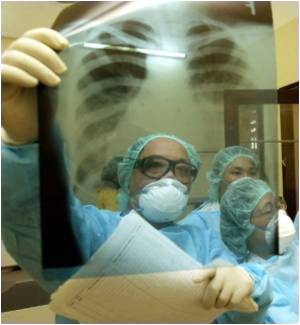Bilirubin (Bile pigment) is a natural antioxidant can provide cardiovascular benefits. Higher levels of bilirubin in the blood were linked to lower rates of heart failure, heart attack, and stroke.

TOP INSIGHT
Natural antioxidant bilirubin (bile pigment) which is a yellow-orange pigment can improve cardiovascular health by reducing the risk of heart attack, heart failure, and stroke.
Even if well-controlled by antiretroviral drugs, HIV infection has negative effects on cardiovascular health, says lead author Vincent Marconi, MD.
"We initially wanted to see if bilirubin and cardiovascular disease had a different relationship in people who were HIV positive, compared to HIV negative," says Marconi, professor of medicine and global health at Emory University School of Medicine and Rollins School of Public Health. He is also director of infectious disease research at the Atlanta Veterans Affairs Medical Center.
Study authors include VACS principal investigator Amy Justice, MD, Ph.D. from Yale, Matt Freiberg, MD and others from Vanderbilt, Jeff Lennox, MD from Emory and additional investigators from Vanderbilt, Boston University, Penn, Pitt, UCLA and Baylor.
Marconi and his colleagues examined data from the Veterans Aging Cohort Study, a nationwide look at HIV infection, supported by the National Institutes of Health. VACS data included 31,418 HIV-positive and 66,987 HIV-negative veterans, almost all men and 48 percent African American. Their age was an average of 48 years.
Higher levels of bilirubin meant a lower risk of heart attack, heart failure or stroke. The group with the highest level of bilirubin had 76 percent of the risk for combined cardiovascular events as the group with the lowest level, with effects seen even in people without the liver disease.
Atazanavir is an HIV protease inhibitor and is designed to stop HIV from processing itself. It has a side effect on an enzyme in human cells that is necessary for the recycling of bilirubin. There are some indications that the drug itself has negative effects, balancing out the benefits of bilirubin, Marconi adds.
The authors conclude:
This work provides an epidemiologic rationale for future studies to investigate how the antioxidant effect of bilirubin could be harnessed to reduce chronic disease morbidity risk. Future studies should explore the use of bilirubin as a biomarker for other inflammation? mediated conditions and all-cause mortality.
Source-Eurekalert
 MEDINDIA
MEDINDIA




 Email
Email










